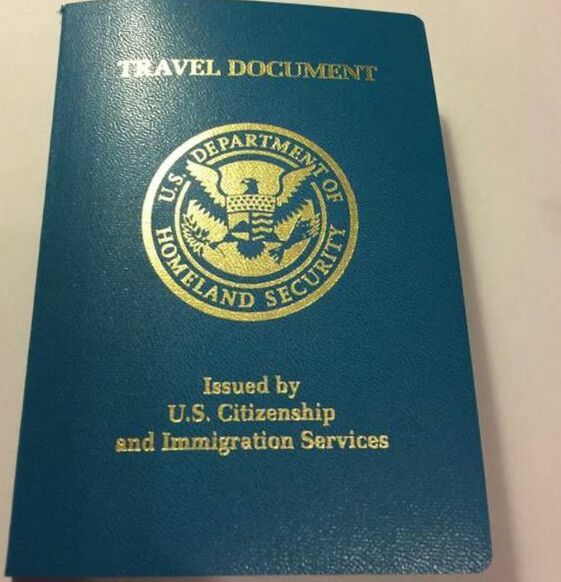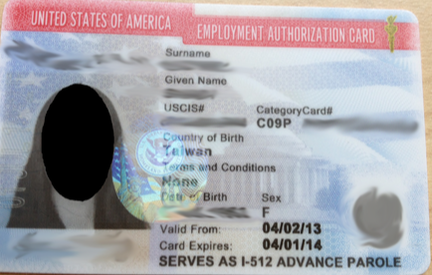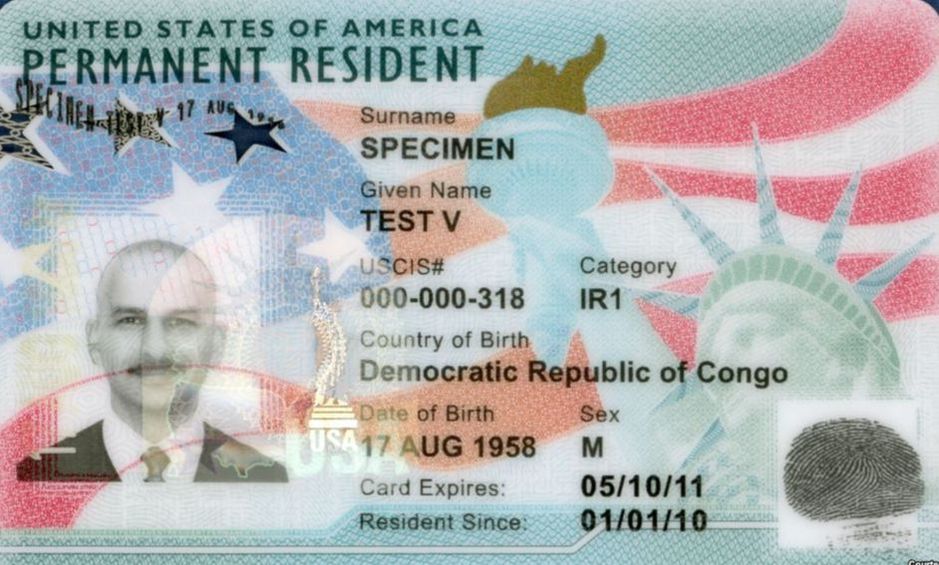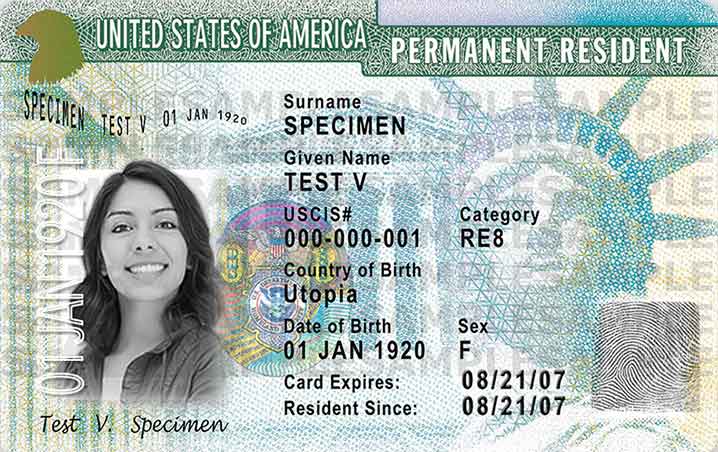You must pay this fee when you are paroled into the United States, unless you qualify for an exception.
The Federal Register notice explains when the immigration parole fee takes effect, exceptions to the fee, and consequences if you do not pay.
Beginning on Oct. 16, 2025, if USCIS approve your request for parole or re-parole and that it requires payment of the immigration parole fee, they will notify you that you must pay this fee before they can approve your request. The notice will have payment instructions and a deadline. USCIS will not grant parole unless you pay the immigration parole fee as instructed and within the specified time period.
Do not pay the immigration parole fee when you submit Form I-131, Application for Travel Documents, Parole Documents, and Arrival/Departure Records. The immigration parole fee will be collected when you are paroled into the United States.
The new Parole Fee of $1,000 must be paid by any foreign national “who is paroled into the United States who does not meet an exception.” According to this new rule, each time a foreign national is granted parole under INA sec. 212(d)(5)(A), 8 U.S.C. 1182(d)(5)(A), including initial parole from outside the United States, “parole in place,” re-parole, or parole from DHS custody, the fee will be required, unless an exception applies.
The fee will not be payable when a parole application is filed or when a travel document is issued. Instead, it will be paid when a foreign national is paroled into the U.S. by United States Customs and Border Protection (USCBP), when a foreign national is paroled out of Immigration and Customs Enforcement (ICE) detention, or when a foreign national is granted a period of parole-in-place or re-parole by USCIS.
DHS states that the “operative event” that triggers the obligation to pay the fee is the granting and effectuation of parole within or into the United States and not the filing of an application or request. The fee is payable when parole is effectuated, regardless of when the underlying application or request was submitted. This means that any parole granted on or after October 16, 2025, will require the payment of the $1,000 fee unless an exception applies, even if the request for parole was filed and remained pending prior to this date.
Exceptions to the new $1,000 Parole Fee:
(1) The foreign national has a medical emergency and cannot obtain the necessary treatment in the foreign state in which the foreign national is residing; or the medical emergency is life-threatening and there is insufficient time for the foreign national to be admitted to the United States through the normal visa process;
(2) The foreign national is the parent or legal guardian of a foreign national described in paragraph (1) and the foreign national described in paragraph (1) is a minor;
(3) The foreign national needs to be present in the United States to donate an organ or other tissue for transplant; and there is insufficient time for the foreign national to be admitted to the United States through the normal visa process;
(4) The foreign national has a close family member in the United States whose death is imminent; and the foreign national could not arrive in the United States in time to see the family member alive if the foreign national were to be admitted to the United States through the normal visa process;
(5) The foreign national is seeking to attend the funeral of a close family member; and the foreign national could not arrive in the United States in time to attend the funeral if the foreign national were to be admitted to the United States through the normal visa process;
(6) The foreign national is an adopted child who has an urgent medical condition; who is in the legal custody of the petitioner for a final adoption-related visa; and whose medical treatment is required before the expected award of a final adoption-related visa;
(7) The foreign national is a lawful applicant for adjustment of status under section 245 of the INA (8 U.S.C. 1255); and is returning to the United States after temporary travel abroad;
(8) The foreign national has been returned to a contiguous country pursuant to section 235(b)(2)(C) of the INA (8 U.S.C. 1225(b)(2)(C)); and is being paroled into the United States to allow the foreign national to attend the foreign national’s immigration hearing;
(9) The foreign national has been granted the status of Cuban and Haitian entrant (as defined in section 501(e) of the Refugee Education Assistance Act of 1980 (Pub. L. 96-422; 8 U.S.C. 1522 note); or
(10) The Secretary of Homeland Security determines that a significant public benefit has resulted or will result from the parole of an foreign national who has assisted or will assist the United States Government in a law enforcement matter; whose presence is required by the United States Government in furtherance of such law enforcement matter; and who is inadmissible or does not satisfy the eligibility requirements for admission as a nonimmigrant or for which there is insufficient time for the foreign national to be admitted to the United States through the normal visa process.
The $1,000 parole fee will not be assessed if DHS finds, in its discretion, that the foreign national has established that he/she is being paroled under one of the ten enumerated exceptions.
** EXCEPTION 7 above means that an applicant for adjustment of status whose application (form I-485) is still pending and who is issued an advance parole document to facilitate temporary travel abroad does not have to pay the fee.**
How the new Parole Fee of $1,000 will be paid:
Payment of the $1,000 fee—and the DHS agency to whom it will be paid—will vary depending on the circumstances. USCBP will collect the parole fee from foreign nationals who apply for admission to the United States if (1) the foreign national requests parole by presenting himself/herself for inspection at a U.S. port of entry with a valid travel document; (2) USCBP, in its discretion, determines that the foreign national should be granted parole; and (3) the foreign national does not demonstrate, in USCBP’s discretion, that he/she is eligible for one of the fee above exceptions.
Immigration and Customs Enforcement (ICE) will collect the fee when the agency grants parole to foreign nationals within its responsibility who are physically present in the United States. ICE will individually notify foreign nationals to whom the $1,000 fee applies and, upon notification, provide instructions on how to pay the fee.
USCIS will collect the HR-1 fee when it grants parole to foreign nationals within its responsibility who are physically present in the United States.
Beginning on October 16, 2025, when USCIS decides to approve a Form I-131 for parole-in-place or re-parole for foreign nationals physically present in the United States, USCIS will issue a notice prior to final adjudication stating that the parole approval is conditioned upon payment of the $1,000 fee. This notice will contain payment instructions and a deadline. Parole will only be granted after the fee has been paid. Failure to pay within the time period provided in the conditional approval notice will result in denial of the parole application.




















 RSS Feed
RSS Feed